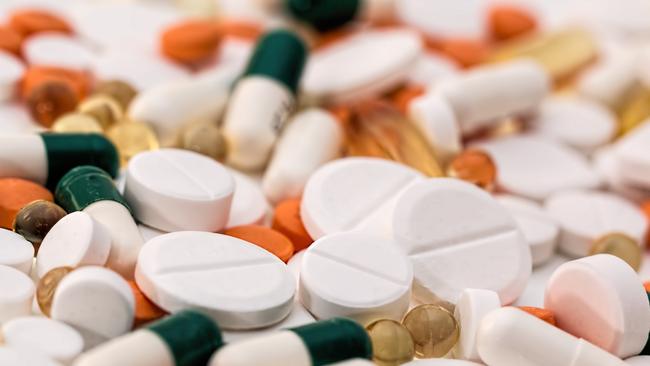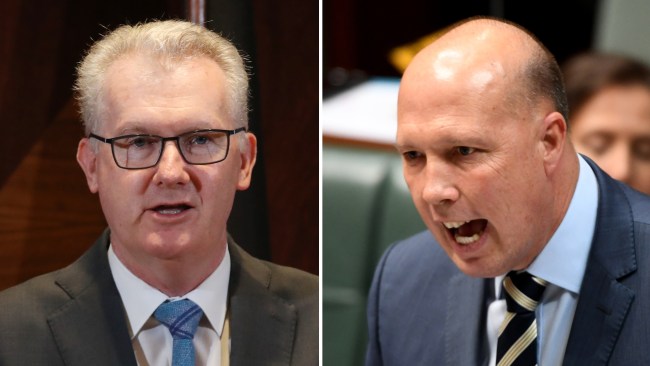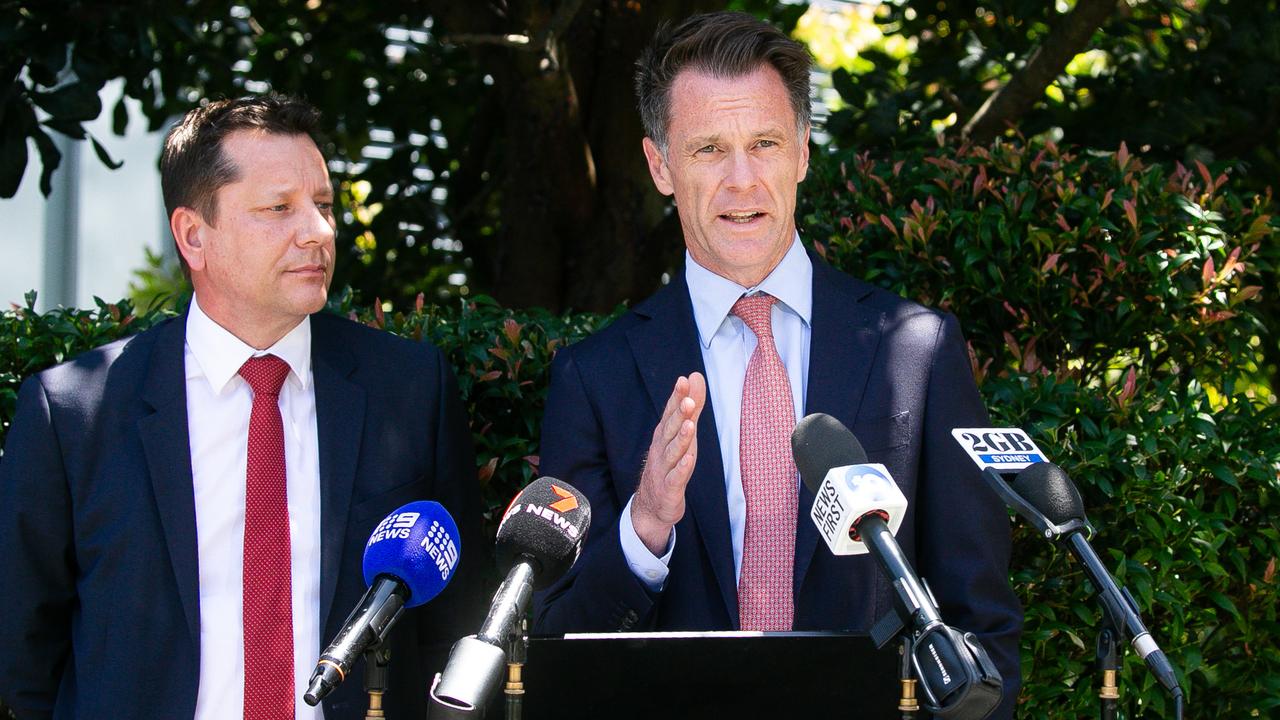Donald Trump’s tariffs threat on medicine exports
Australia’s pharmaceutical sector is preparing for Donald Trump’s latest round of flagged tariffs to hit at least $1.9bn worth of exports.

Australia’s pharmaceutical sector is preparing for US President Donald Trump’s latest round of flagged tariffs to hit at least $1.9bn worth of exports.
Speaking in Mar-a-Lago, Mr Trump said he had communicated with some of the leading global companies because they wanted to relocate their operations to America as a result of his trade and economic policies.
He said to expected a number of big announcements in the coming weeks, including tariffs on pharmaceuticals and cars.
“I’ve been contacted by some of the biggest companies in the world,” he said. “And, because of what we are doing economically and through tariffs and taxes and incentives, they want to come back into the United States and we’ll be announcing various very large companies,” he said. “The biggest actually. They’ll be coming back. Having to do with chips and having also to do with cars and lots of other things.
“Car plants are being cancelled in other locations because they want to build them here.”
The peak lobby group for the nation’s pharmaceutical industry, Medicines Australia, was scrambling to assess the likely impact of the tariff hit. “Medicines Australia are closely following the possible imposition of US tariffs, particularly on pharmaceutical products,” a spokeswoman said.
“We understand the matter is under consideration but, at this stage, no definitive information has been released.
“We are therefore working closely with our members and relevant experts to build an understanding of the potential impacts and any actions we may need to consider should the tariffs be formally implemented.”
Trade Minister Don Farrell did not respond to request for comment.
Senator Farrell and Anthony Albanese have both been under pressure to travel to Washington immenitently to cut a deal with Mr Trump on his plans for reciprocal tariffs and taxes on steel and aluminium exports.
Mr Trump said he would probably announce the auto sector tariff rate on April 2, but flagged that it would likely “be in the neighbourhood of 25 per cent”.
Asked about the respective rates for semiconductors and pharmaceuticals, he responded: “It will be 25 per cent and higher and it will go very substantially higher over the course of a year. But we want to give them time to come in. Because, as you know, when they come into the United States and they have their plant or factory here, there is no tariff. So we want to give them a little bit of a chance.”


